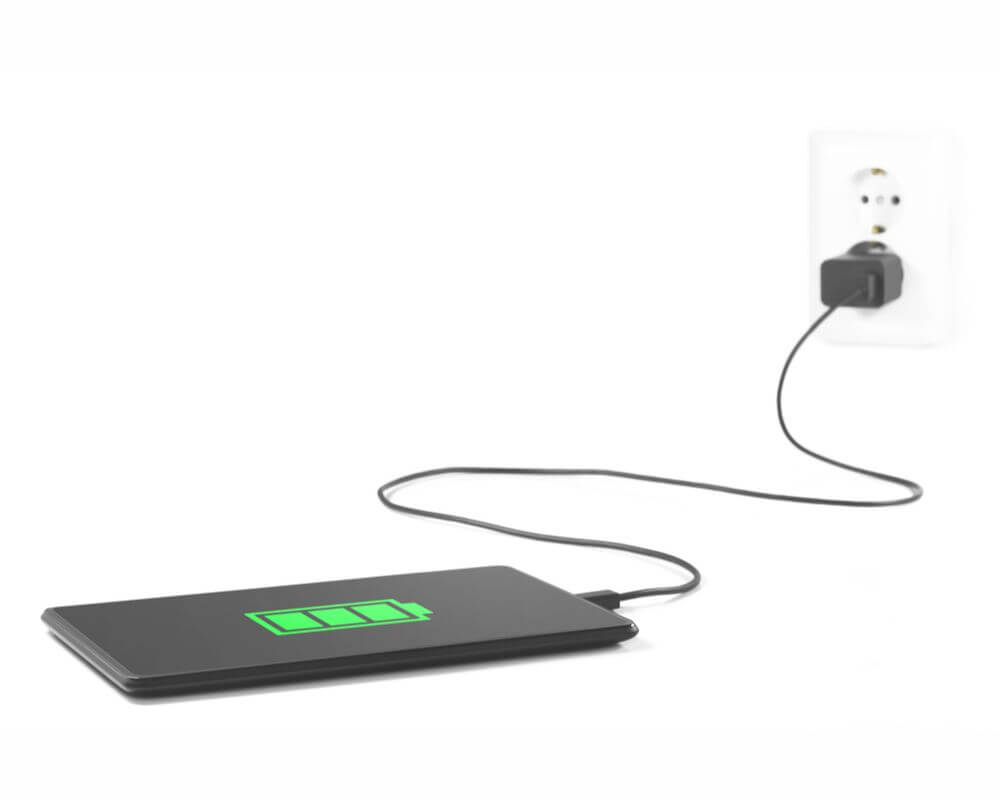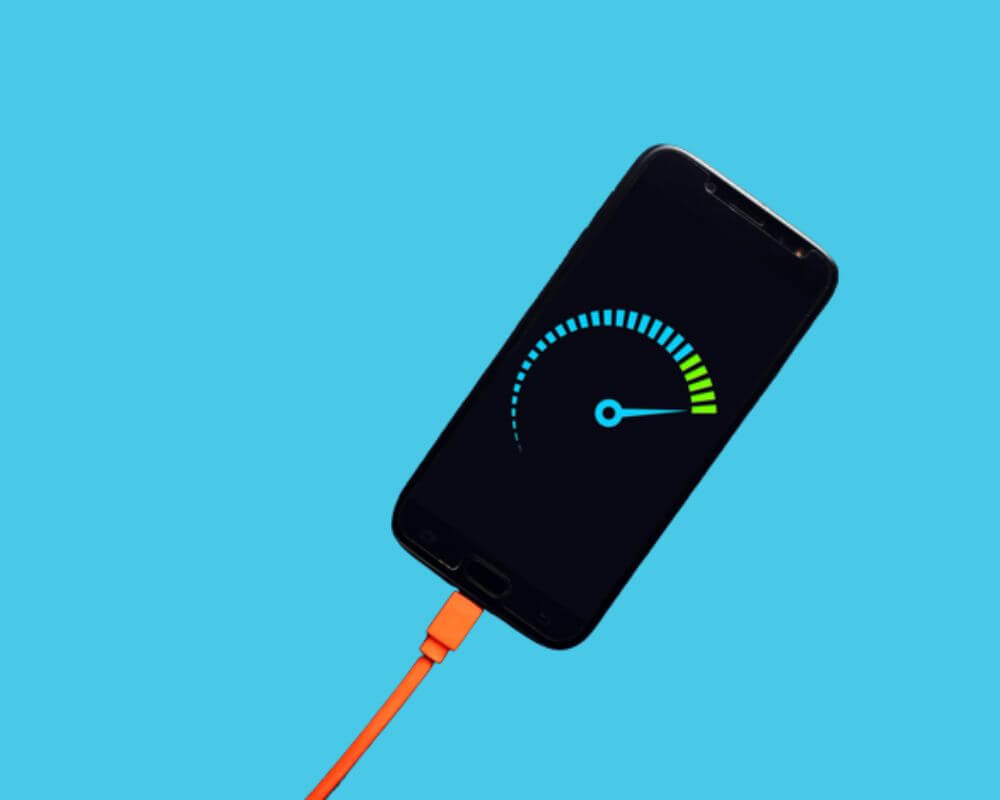Is it good to leave my phone charging overnight? It’s a question that has sparked debates and raised concerns among smartphone users everywhere. We rely on our phones for everything. From staying online with friends to managing our schedules and capturing those picture-perfect moments.
Naturally, we want to ensure that our beloved devices are always ready for action. But does leaving your phone plugged in while you sleep do more harm than good? In this blog post, we’ll explore whether it is safe to leave your Android phone charging overnight and the correct way to charge it.
Is It OK to Leave Your Phone Charging Overnight?
Let’s get straight to the point – leaving your phone charging overnight won’t necessarily cause immediate damage or turn your smartphone into a fiery explosion waiting to happen. However, it’s important to understand that constantly plugging your phone can have long-term consequences for your battery health.
Charging your phone goes through a process called “trickle charging” once it reaches 100%. This means the charger provides just enough power to keep the battery at full capacity. Modern smartphones are designed with safety features to prevent overcharging. They still rely on lithium-ion batteries, which can degrade over time.
Over time, continuously trickle-charging your phone can lead to a phenomenon known as “battery aging.” This means that even though the battery may show 100% on your screen, its capacity has decreased. As a result, you may notice reduced battery life and increased instances of needing to charge throughout the day.
What Happens if You Keep Charging Your Phone After 100%?
One of the main concerns with overcharging is the impact on battery life. Lithium-ion batteries, commonly used in smartphones, can degrade over time if constantly charged at high levels. However, keeping your phone plugged in all night could shorten battery life.

Another potential issue is overheating. When a device continuously charges especially when it’s fully charged, it can generate excess heat. Also, it can strain the components inside the phone and potentially cause damage.
Leaving your phone plugged in for an extended period can also increase the risk of electrical hazards such as fires or explosions. While these incidents are rare, they serve as a reminder that excessive charging should be avoided.
It’s recommended to unplug your phone once it reaches 100% to maximize the performance of your battery.
What Is the Correct Way To Charge Your Phone?
The correct way to charge your phone may seem like a simple task. But you should keep a few things in mind. First, it’s important to use the charger that came with your device or one specifically designed for your Android phone. Using an authentic cable and charger can maximize your battery life.
Another key aspect of charging your phone correctly is avoiding extreme temperatures. It’s best to charge your phone in an environment between 20-30 degrees Celsius (68-86 degrees Fahrenheit). High temperatures can cause the phone battery to degrade faster, while low temperatures can slow the charging process.
Additionally, avoiding letting your battery level drop too low before recharging is recommended. Lithium-ion batteries perform best when they’re kept above 20% capacity. So try not to wait until your battery reaches critically low levels before plugging it in.
Try not to charge your phone overnight regularly. While modern Android devices have mechanisms to prevent overcharging. Keeping them plugged in unnecessarily for extended periods can still contribute to long-term wear and tear on the battery.
Best Tips To Avoid Overcharging Your Phone at Night
- Use a Smart Charger: Invest in a smart charger that automatically shuts off once your phone reaches 100% battery. This tips will prevent overcharging and preserve the overall lifespan of your device.
- Charge in Airplane Mode: Switch it to airplane mode before plugging in your phone. You can reduce energy consumption during charging by turning off unnecessary functions like Wi-Fi and cellular data.
- Opt for Shorter Charging Sessions: Instead of leaving your phone plugged in all night, aim for shorter daily charging sessions. For example, charge your phone when you’re getting ready in the morning or during lunch breaks.
- Keep an Eye on Temperature: Extreme temperatures can affect battery performance and health. Avoid placing your phone near heat sources while charging, as this can lead to overheating and automatically restarting issues.
- Remove Phone Case While Charging: Some smartphone cases trap heat emitted during charging, impacting battery life over time. To maximize airflow and prevent overheating, try a heat-dissipation phone case.

Conclusion
Leaving your phone charging overnight may not be the best practice. While it won’t cause immediate harm to your device. However, it can lead to long-term battery degradation and potential safety risks. It is advisable to unplug your phone once it reaches 100% or use a smart charger that automatically stops charging when the battery is full. By following these well-researched tips, you can ensure your Android phone’s longevity without compromising safety. Remember, a little caution goes a long way in preserving your precious device!


